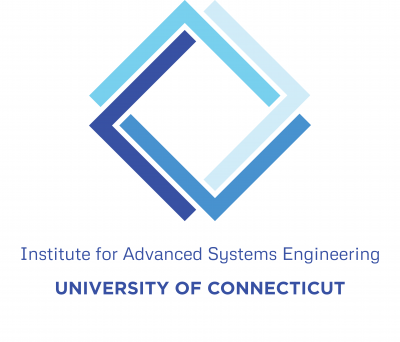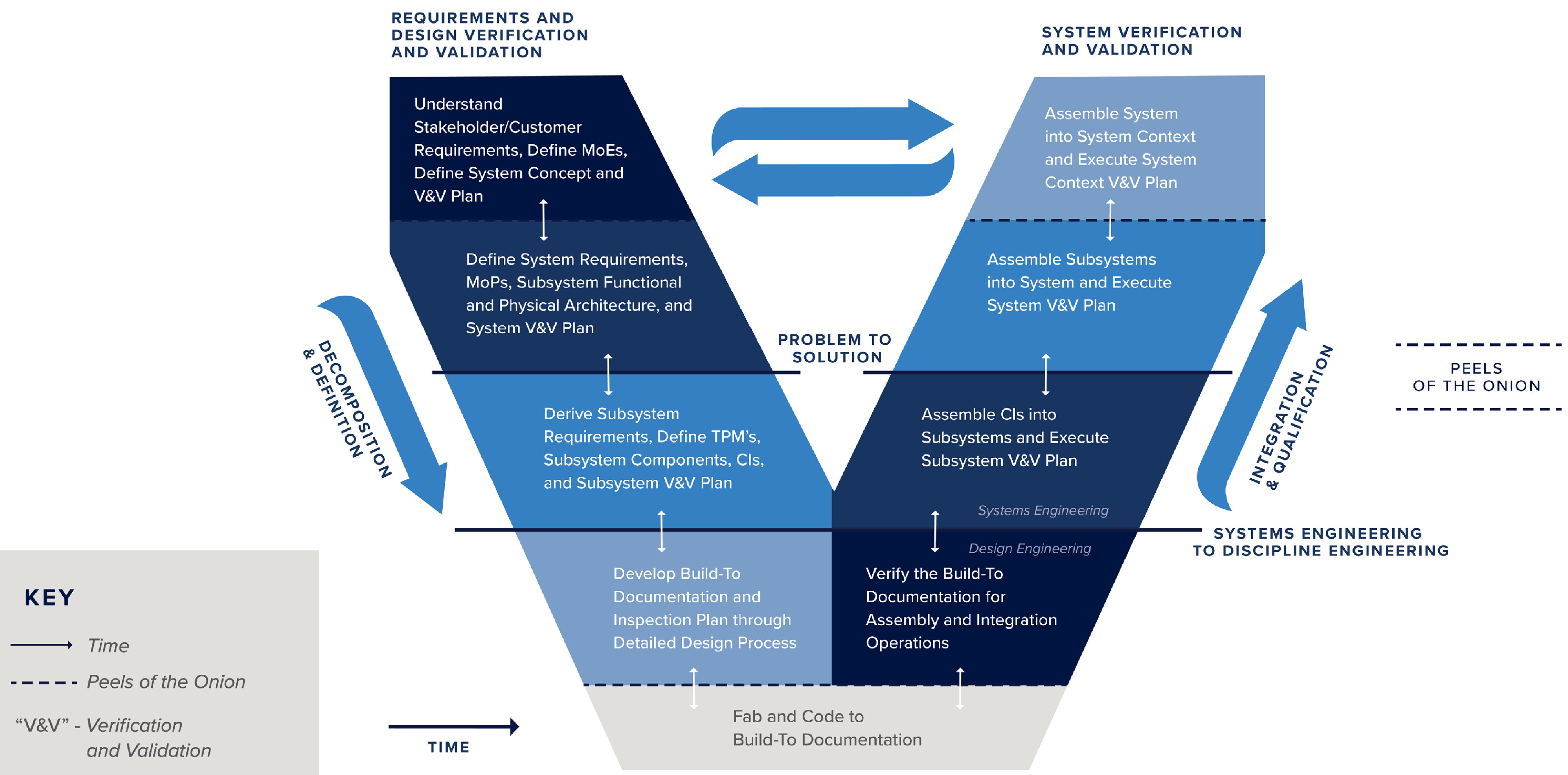


What’s Exciting About this Course? Learning the foundations of systems engineering and gaining an in-depth knowledge of system engineering principles, processes, and methods. Reading about how others apply and excel at Systems Engineering through examples and case studies. Discussing and sharing best practices and challenges with colleagues and instructor in applying effective systems engineering methods and processes. Applying systems thinking concepts to structured challenges.

Course Description. The world needs more cost-effective, reliable, and resilient systems, and you are here to learn systems engineering techniques to help achieve this global need. This seven-week course emphasizes learning foundational concepts in systems engineering, supported with clear examples and hands-on practice. This course is offered by UConn engineering faculty members of the Institute for Advanced Systems Engineering.



Introductory and Manageable.
Takes approximately 35 hours to complete, and is at a beginner level.

100% Online.
Virtual interactive discussion sessions follow weekly course modules.

Language.
Offered in English.

Flexible Deadlines.
Content delivered at your pace in self-contained short modules.




Course Goal. Understand the basic concepts and methods of systems engineering and learn to adopt systems engineering vocabulary and knowledge to transform your work and projects.
Long Term Objective. Applying these systems engineering techniques is an essential skill that can help you reduce project risk, handle system complexity, and development more reliable and resilient systems, minimizing the risk of development cost and schedule overruns.

Week 0: Launchpad and Course Orientation.
Week 1: Introduction to the Field of Systems Engineering.
Module 1: Overview of Systems Engineering Principles
- What are Systems and Why Do They Need Engineering?
- Systems Engineering Lifecycles
- The Value Proposition for Systems Engineering with Value Proposition Case Study
- Modeling and Simulation of Systems with MBSE for Systems of Systems Case Study
- Online Live Interactive Session with Subject Matter Experts
Week 2: Systems Thinking and Defining the Problem.
Module 2: Systems Thinking and Defining the Problem
- Describe the concepts of system science and system thinking
- Explain possible rationale and describe the steps for the genesis of a new system
- Capability Engineering
- Describe different approaches and considerations when defining a systems problem
- Investigate and describe the value of requirements engineering through case study
- Online Live Interactive Session with Subject Matter Experts
Week 3: Needs and Requirements.
Module 3: Needs and Requirements for Systems
- Describe the importance of the identifying stakeholder needs and requirements
- Define the concepts of requirements definition
- Describe the difference between requirements verification and validation
- Online Live Interactive Session with Subject Matter Experts
Week 4: Systems Architecting.
Module 4: Systems Architecting
- Define the concepts of architecture definition
- Define the relationship of systems analysis to the other technical processes
- Describe the difference between design verification and validation
- Describe how to evaluate a system architecture
- Online Live Interactive Session with Subject Matter Experts
Week 5: Implementation, Integration, Verification, Validation.
Module 5: Implementation, Integration, Verification, Validation of Systems
- Describe the concepts of implementation and integration
- Describe the importance of system verification in the system process
- Describe the importance of system validation to the stakeholders
- Describe the importance of the design definition process and its relationship to implementation
- Describe the activities necessary for the customer to employ the system
- Online Live Interactive Session with Subject Matter Experts
Week 6: Relating Systems Engineering to Project and Program Management and the Organization.
Module 6: Technical Management Processes, Relating SE to Project and Program Management, Technical Leadership
- Define how operations and maintenance relate to the other technical processes
- Define how the Systems Engineer contributes to the business aspect of an organization
- Describe the activities whereby the systems engineer relates the technical aspects to the business aspects of the system
- Describe how decision management supports the other processes
- Online Live Interactive Session with Subject Matter Experts
Week 7: Technical Management Processes.
Module 7: Technical Management Processes
- Define the importance of risk management in the system development process
- Define the importance of configuration management in the system development process
- Define the contribution systems engineering makes to information, measurement, and quality assurance processes.
- Define the importance of providing evidence of implementation compliance
- Online Live Interactive Session with Subject Matter Experts


Kyle Lewis
Systems Engineering Manager at Lockheed Martin
Kyle.M.Lewis@lmco.com




Programs Offered
Designed for practicing engineers who want to earn a graduate certificate or master’s degree without workday interruptions. Students can earn the degree part-time or full-time using our flexible distance learning model.

Course Descriptions
Our courses address key CPS workforce development needs by cutting across the areas of systems engineering, modeling, control, communications and networking.

Graduate Spotlights
Our courses give our graduates experience in systems engineering they can apply to their careers. Read about our graduates' experiences while earning their degrees in Advanced Systems Engineering.
